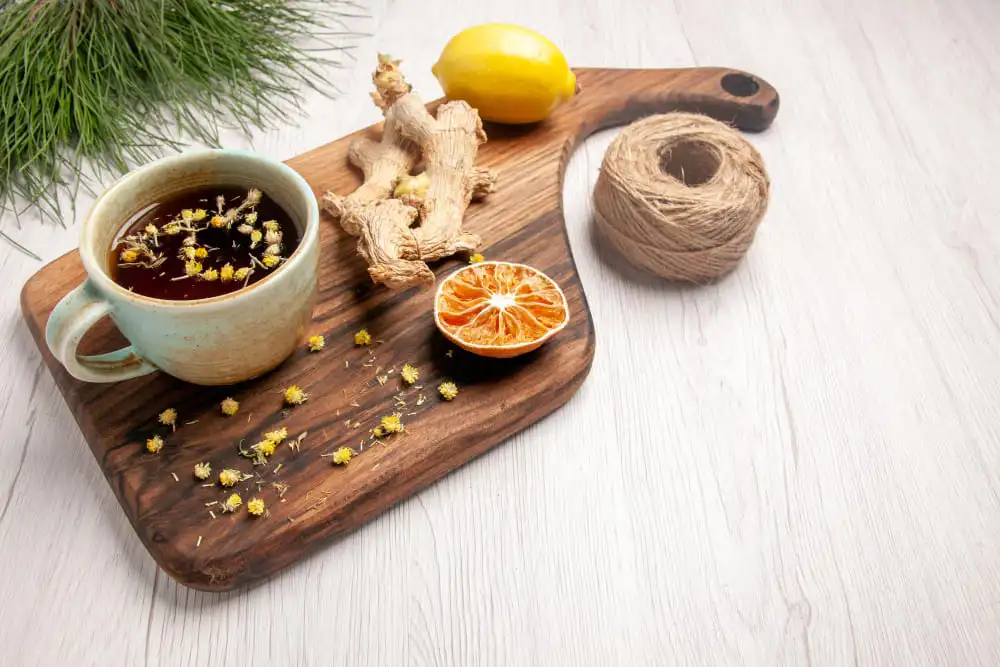Gout, a type of arthritis caused by a buildup of uric acid crystals in the joints, can be a painful and debilitating condition. While conventional medications are often prescribed to manage gout symptoms, many people are turning to herbal remedies for gout as natural alternatives. Although some herbs may offer potential benefits, it’s crucial to approach herbal remedies for gout with caution and under the guidance of a healthcare provider.
Understanding Gout
Before delving into herbal remedies for gout, it’s essential to understand gout. The condition occurs when the body produces too much uric acid or doesn’t efficiently eliminate it. This excess uric acid forms sharp crystals that accumulate in the joints, causing inflammation, severe pain, and swelling. Gout often affects the big toe but can also impact other joints like ankles, knees, and wrists.
The Promise of Herbal Remedies
Many herbal remedies have been traditionally used to address gout symptoms. These plants often contain compounds with anti-inflammatory or antioxidant properties, which may help reduce pain and swelling. However, scientific evidence supporting the effectiveness of most herbal remedies for gout is limited.
Popular Herbal Remedies for Gout
While research is ongoing, here are some commonly used herbs that have shown some promise in managing gout symptoms:
- Ginger: Known for its anti-inflammatory properties, ginger may help reduce pain and swelling associated with gout. Some studies suggest that ginger extract can inhibit the formation of uric acid crystals.
- Turmeric: This golden spice contains curcumin, a compound with potent anti-inflammatory effects. It may help reduce joint inflammation and pain in people with gout.
- Cherry: Cherries, particularly tart cherries, are rich in antioxidants and anti-inflammatory compounds. Some studies suggest that consuming cherries or cherry juice may lower uric acid levels and reduce the risk of gout attacks.
- Dandelion: This versatile plant has diuretic properties and may help the body eliminate excess uric acid. However, more research is needed to confirm its effectiveness in managing gout.
- Nettle Leaf: Nettle leaf has anti-inflammatory properties and may help reduce joint pain and swelling. Some studies suggest it may also have a diuretic effect, promoting uric acid excretion.
Cautions and Considerations
While these herbs offer potential benefits, it’s important to use them cautiously and under the supervision of a healthcare provider.
- Safety: Some herbal remedies for gout may interact with medications or cause side effects. It’s essential to disclose all supplements and medications to your doctor.
- Dosage: The appropriate dosage of herbal remedies can vary. Following recommended guidelines is crucial to avoid adverse effects.
- Limited Evidence: Many claims about the effectiveness of herbal remedies for gout are based on anecdotal evidence or traditional use. Scientific research is often limited.
- Not a Cure: Herbal remedies may help manage gout symptoms but are not a cure for the condition. They should be used as a complementary approach alongside conventional treatment.
Lifestyle Modifications and Conventional Treatment
In addition to considering herbal remedies for gout, incorporating lifestyle changes and following conventional medical advice is essential for managing gout.
- Weight Management: Losing excess weight can help reduce uric acid levels.
- Diet: Limiting foods high in purines, such as red meat, organ meats, and shellfish, can help reduce uric acid production.
- Hydration: Drinking plenty of water helps flush out uric acid from the body.
- Avoid Alcohol: Excessive alcohol consumption can increase the risk of gout attacks.
- Medication: Prescription medications like allopurinol and colchicine can effectively manage gout symptoms and prevent attacks.
Conclusion
While herbal remedies hold promise for managing gout symptoms, they should be used with caution and under the guidance of a healthcare provider. Combining herbal remedies with lifestyle modifications and conventional treatment offers the best approach to managing gout effectively. Always consult your doctor to determine the most suitable treatment plan for your specific condition.
Disclaimer: This article is for informational purposes only and does not constitute medical advice. Always consult with a qualified healthcare provider for any health concerns or before starting any new treatment.





